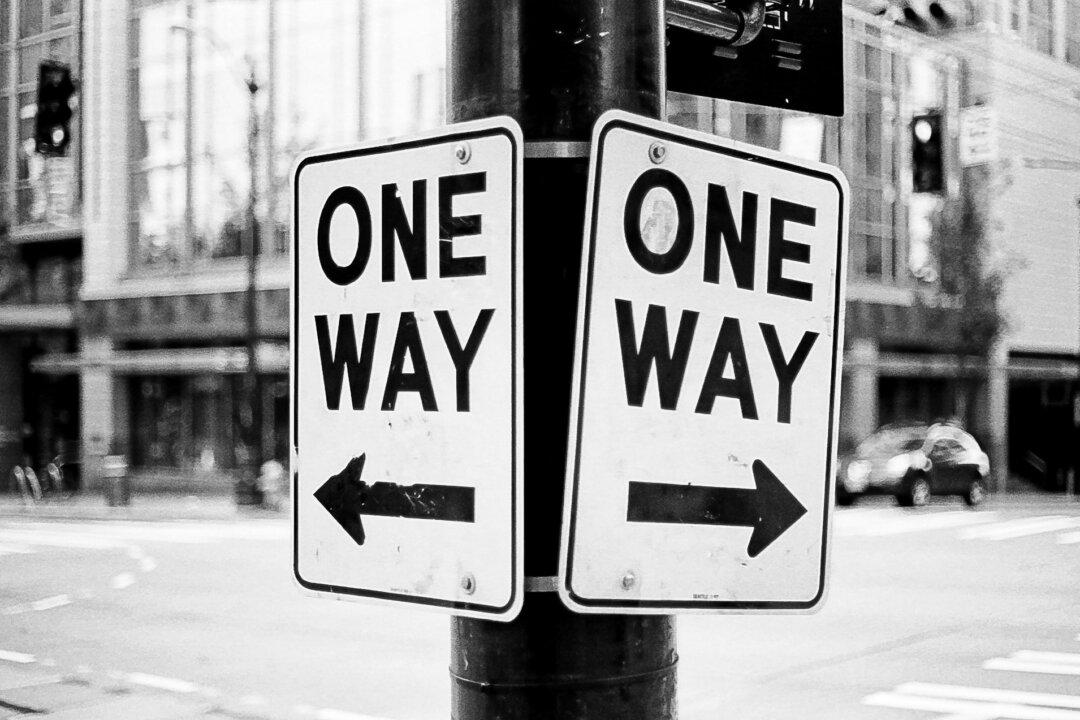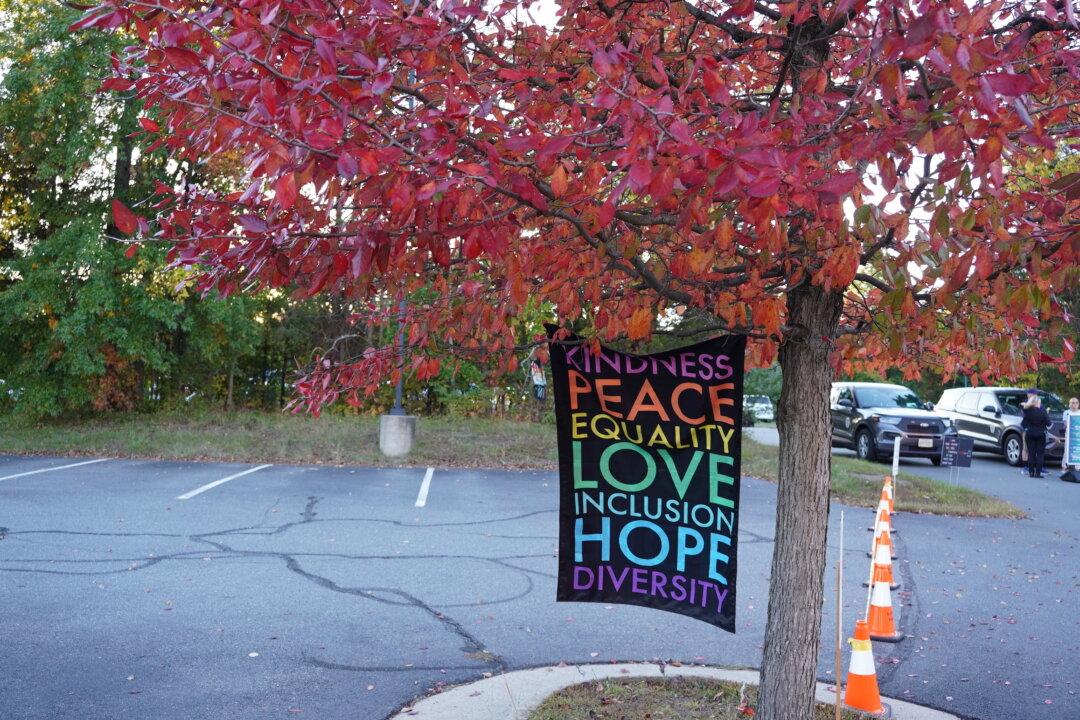Commentary
The nomination of Judge Ketanji Brown Jackson to the Supreme Court brought up intense discussions and disagreements about discrimination. The roster of upcoming cases that she will need to consider include 303 Creative LLC v. Elenis about LGBTQ discrimination, Merrill v. Milligan about whether Alabama’s congressional map discriminates against black voters, and Students for Fair Admissions v. Harvard about the university’s affirmative action program.





